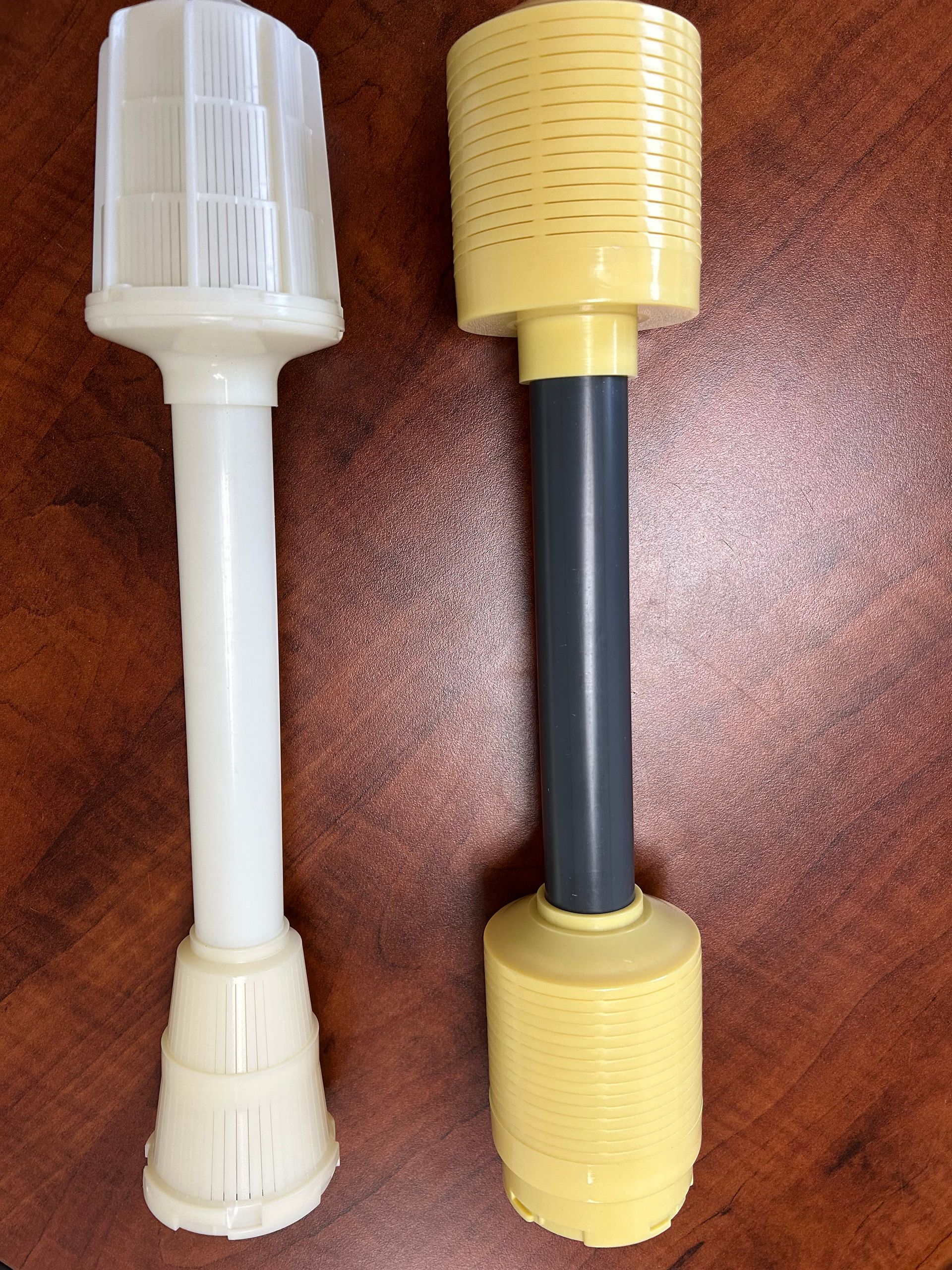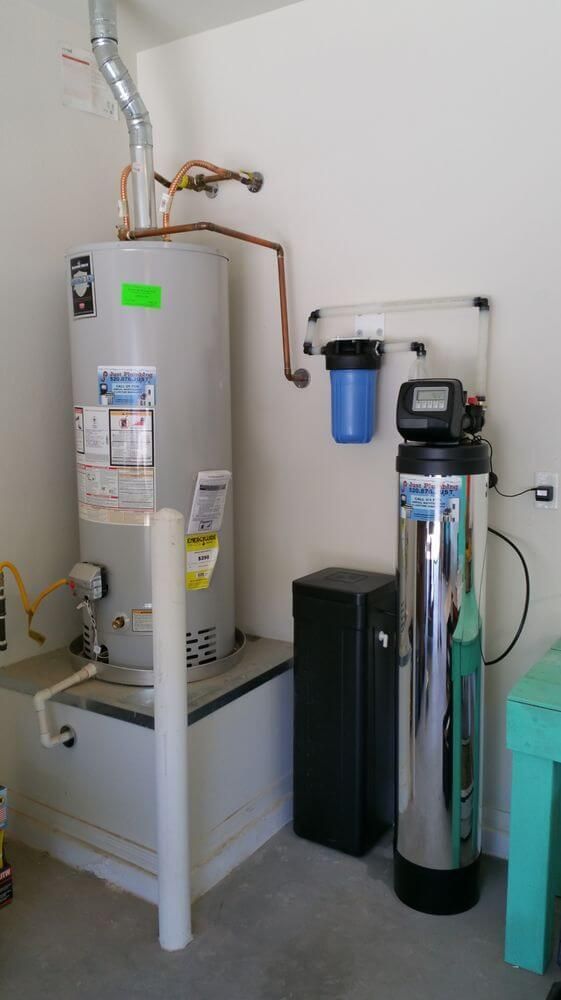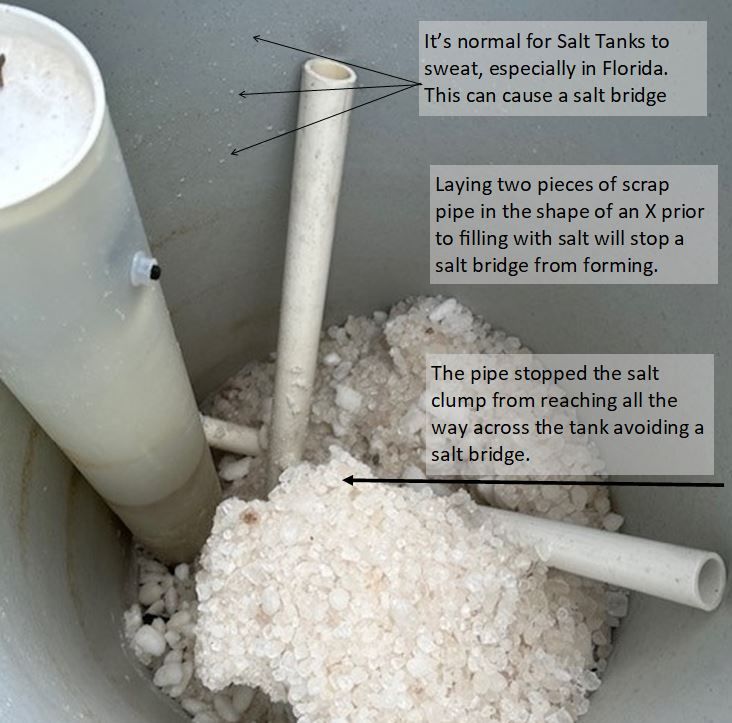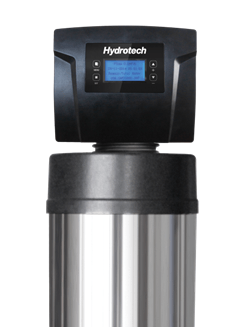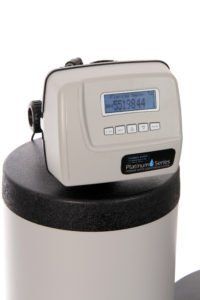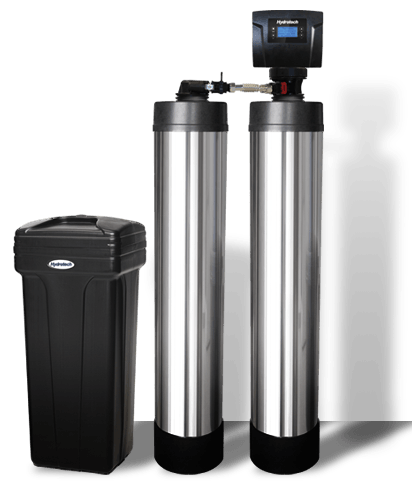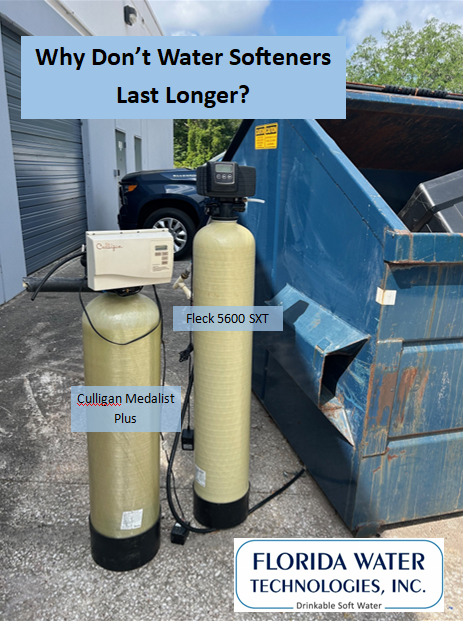Florida Water Technologies has been in business for over 10 years now and we have heard many questions from our appointments throughout the Jacksonville area. Our content on our website is designed to assist you with making better decisions and also help you understand the many options available when purchasing a water softener system. The specific topic is about Home Depot. We are all familiar with the brand and The Home Depot is a great store with a catchy slogan. You may hear “ How Doers Get More Done ” during their commercials . Let’s break that down a little further, for example, when you buy a water softener from The Home Depot you are the actual doer and they act as the helper. Let’s take a closer look.
How much does a water softener cost from Home Depot?
You may be surprised to know that the cost of the different water softeners they sell is rather inexpensive. How can Home Depot sell water softeners at a cheap price and earn a profit? They are a publicly traded company, so the numbers have to work somehow. The brand of water softener that Home Depot sell is the GE water softener system and it is offered in three sizes (small) 30,000 grain, (medium) 40,000 grain and (large) 45,000 grain. The cost of one of these water softeners range from $397 to $705.13.
The price point of these water softener models make them attractive to your wallet, however it’s not a total price. That is the price of the water softener system that YOU the doer have to consider installing. Home Depot does offer installation services, but t he installation charges can exceed the cost of the unit itself. This installation fee can be as simple as $350 if your home is configured perfectly, to as much as $1500 and all these fees exclude an initial salt fill up.
Equally important to consider is the installation company doing the work at your home or business is a contractor that is partnered with Home Depot . These folks are not affiliated with Home Depot and they are also not affiliated with the manufacturer of the water softener system by GE. Which means that they earn their wage by performing the installation and the customer, you, are not a focal point of their tasks. Your satisfaction with the water softener is not at the highest priority and results can be hit or miss.
What is the water quality of the GE water softener system from Home Depot?
A very good question to ask and from experience we can tell you that t he GE water softeners will produce soft water in your home or business. This system will alleviate the white spots and film commonly associated with hard water. However, the water softener system from Home Depot don’t do much more. You can visit our other blogs that talk about how hard the water is in Jacksonville and how heavily chlorinated it is. Chlorine and other chemicals will pass through the GE water softener system and make its way into your home or business . Based on our discussions with people owning these systems, they are not fully satisfied with their overall water quality. Additionally, chlorine is an aggressive oxidizer that will harm the physical equipment over time and reduce the service life of a GE water softener.
Who can service my water softener from Home Depot ?
To address the kind of service that you’ll receive after you purchase the water softener, let’s revisit the slogan again. The Home Depot is where Doers (you) get more done. You will be the primary infrastructure for service regarding your Home Depot unit after the sale. You may be wondering, doesn’t this come with a manufacturer warranty? Yes, the GE water softener does have a warranty, but it is only a one year comprehensive (all parts) warranty.
The Home Depot does not have a fleet of service vans stocked with parts ready to fix things as needed. If a problem arises you’ll have to call the number on the box and go through the tech support phone call. Those are usually a good use of time. They will mail you parts and you’ll spend quality time on YouTube trying to take it apart and get it back together. In light of this, most people throw it out and buy another one which will quickly get expensive.
Florida Water Technologies versus Home Depot
I might consider this type of setup if I were in a transit situation . This is the only time this type of consideration would make sense. If you were only going to be in the Jacksonville area for less than three years and if the installation charges were in expensive , I would consider this option.
In the same consideration, if you plan on being in your home three years or more and want the overall water quality to be addressed consistently. You are a doer, but don’t usually fix household appliances yourself, I would consider Florida Water Technologies. T ruthfully, when you calculate installation charges we are very competitive with the DIY system offerings.
Give us a call when you’d like to speak in more detail (904) 551-9844 or Request a Free Quote
The post Do you want a water softener system from The Home Depot? appeared first on Florida Water Technologies.
